False eloquence is exaggeration; true eloquence is emphasis
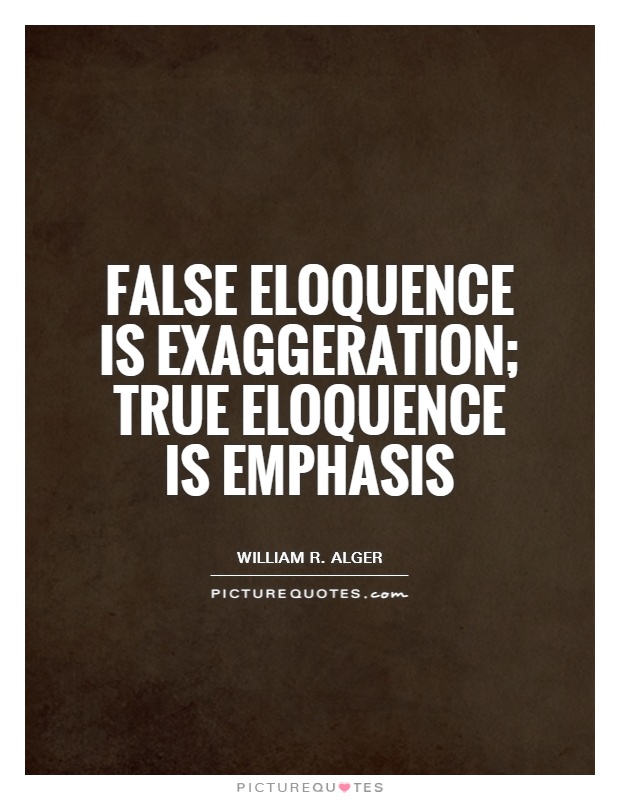
False eloquence is exaggeration; true eloquence is emphasis
William R. Alger, a prominent American Unitarian minister and author, believed in the power of eloquence to inspire and persuade. He understood that the art of effective communication lies in striking a balance between exaggeration and emphasis. In his view, false eloquence relies on hyperbole and embellishment to make a point, while true eloquence uses emphasis to highlight key ideas and evoke emotion in the listener.Alger recognized that exaggeration can be a tempting tool for speakers seeking to capture the attention of their audience. By inflating the importance or impact of their words, they hope to make a stronger impression. However, Alger cautioned against this approach, as he believed that it ultimately undermines the credibility of the speaker. Exaggeration can come across as insincere or manipulative, leading listeners to question the speaker's motives and trustworthiness.
On the other hand, Alger saw emphasis as a more authentic and effective means of communication. By carefully selecting and emphasizing key points, a speaker can convey the essence of their message with clarity and conviction. Emphasis allows the speaker to highlight the most important ideas and evoke a strong emotional response in the listener. Alger believed that true eloquence lies in the ability to convey meaning and emotion through the power of emphasis, rather than relying on empty rhetoric or grandiose claims.
Alger's views on eloquence are particularly relevant in today's world, where communication is often dominated by soundbites and sensationalism. In an era of clickbait headlines and viral memes, the art of true eloquence can easily be overshadowed by the allure of exaggeration. However, Alger's wisdom reminds us that the most powerful messages are those that are delivered with sincerity and conviction, rather than bombast and hyperbole.
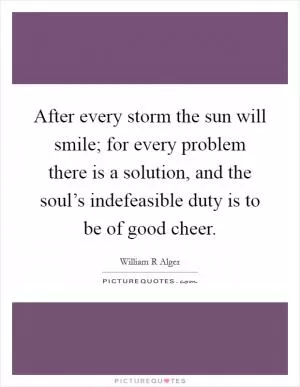
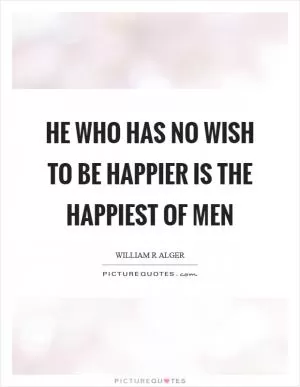
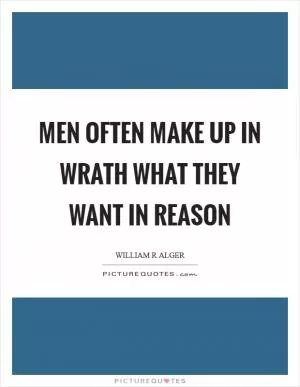
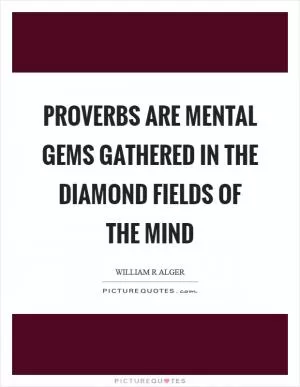
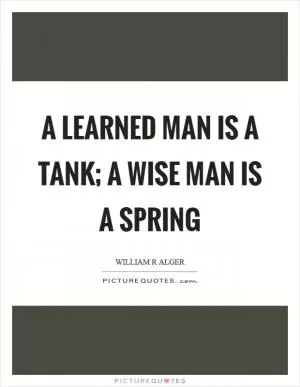
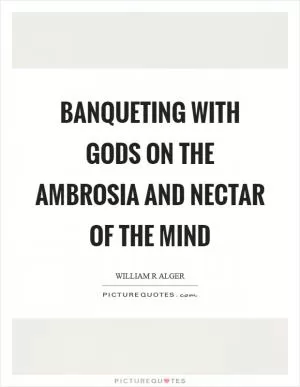
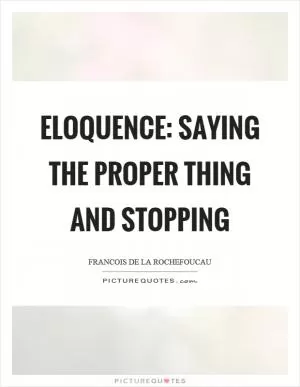
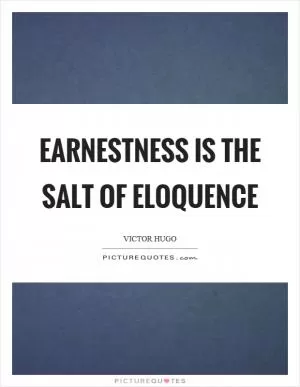
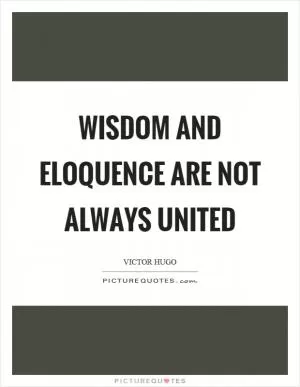
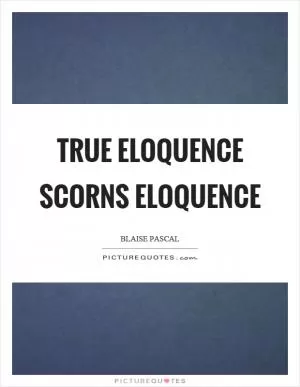
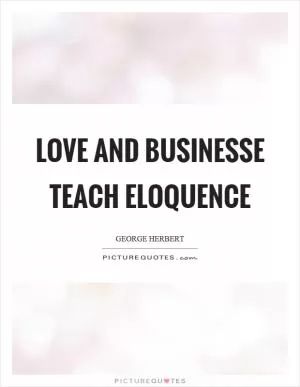
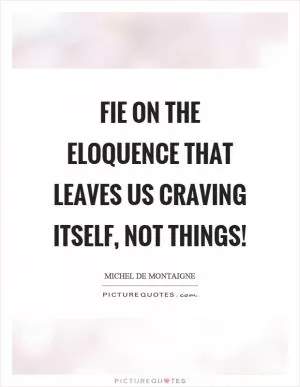
 Friendship Quotes
Friendship Quotes Love Quotes
Love Quotes Life Quotes
Life Quotes Funny Quotes
Funny Quotes Motivational Quotes
Motivational Quotes Inspirational Quotes
Inspirational Quotes